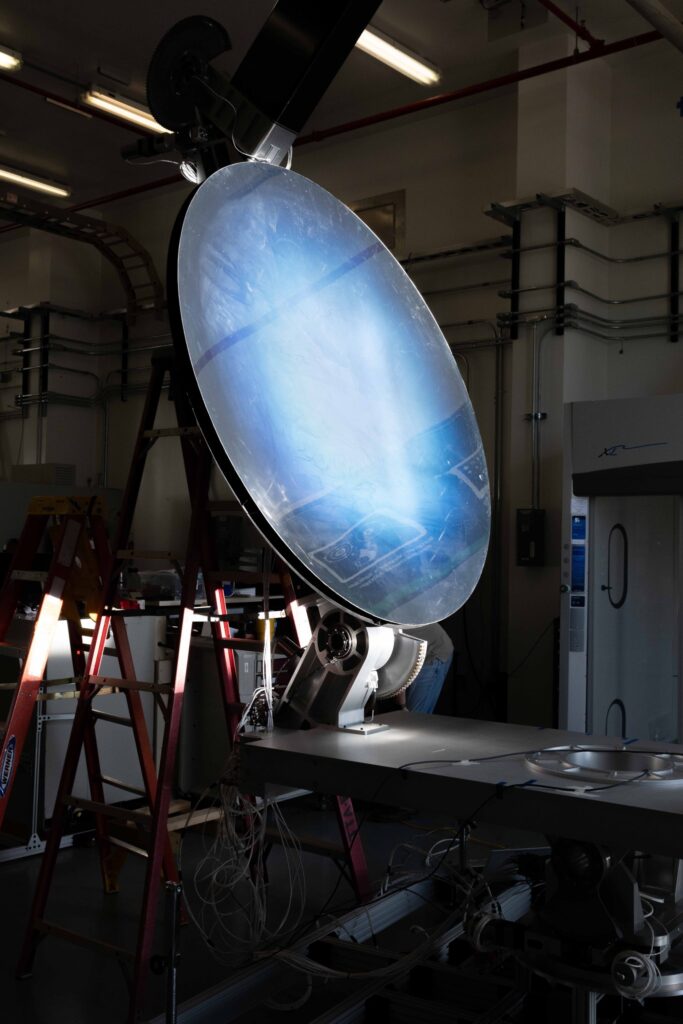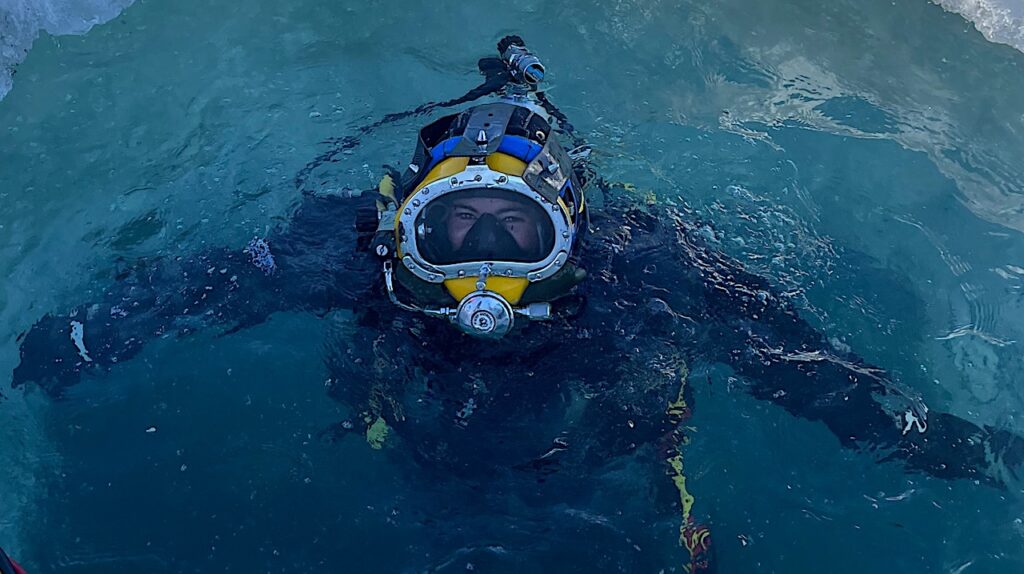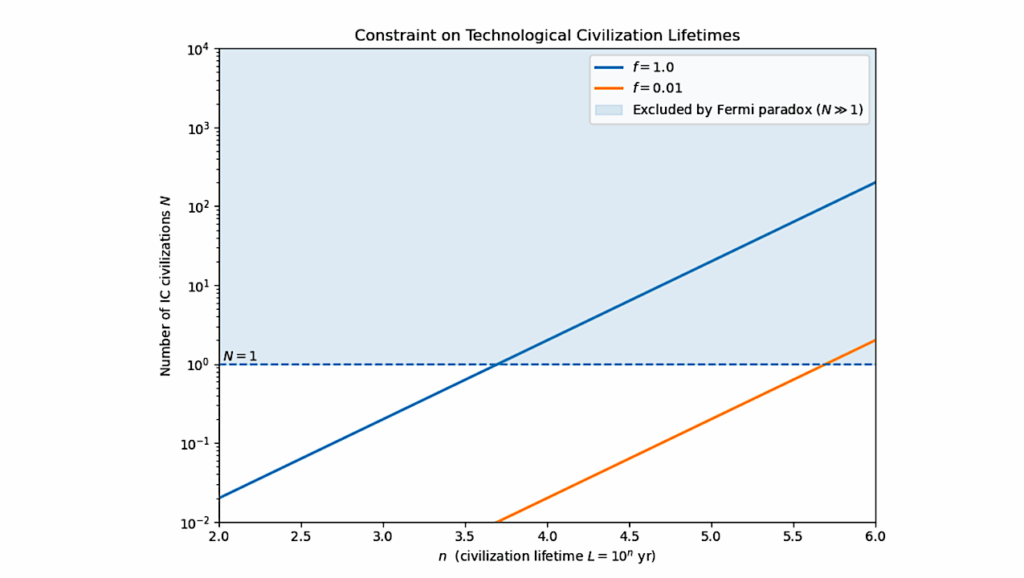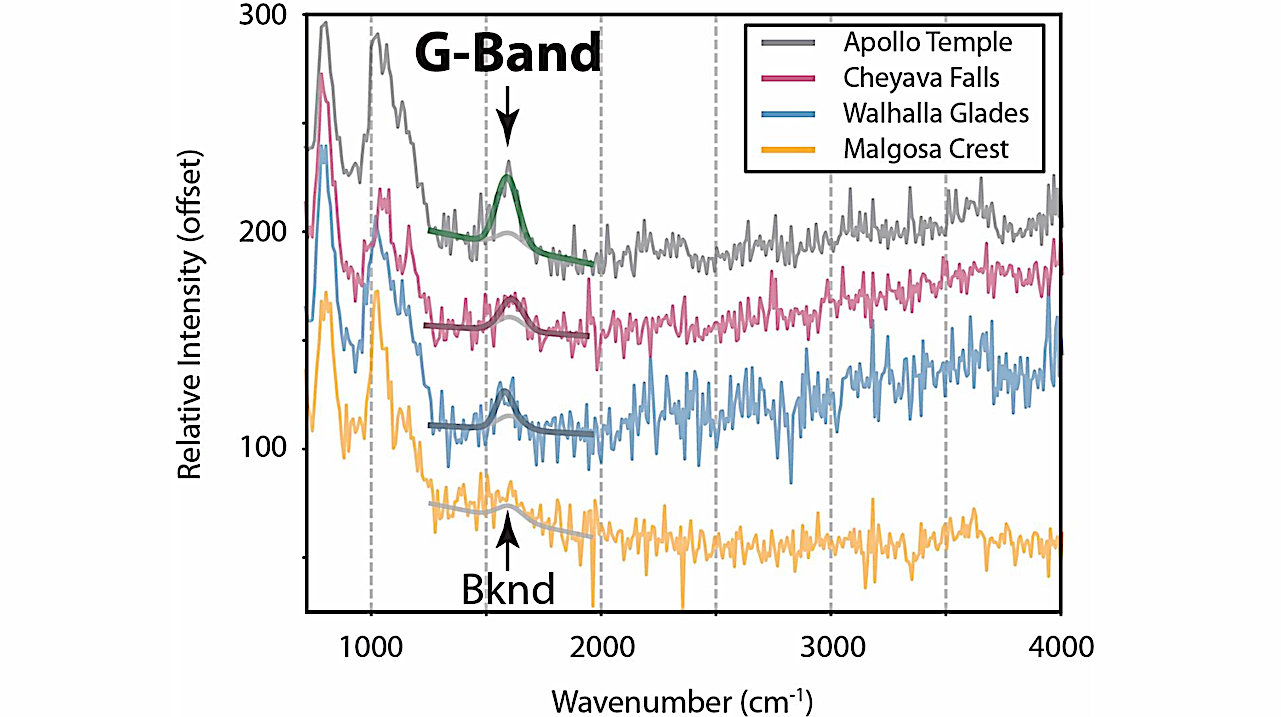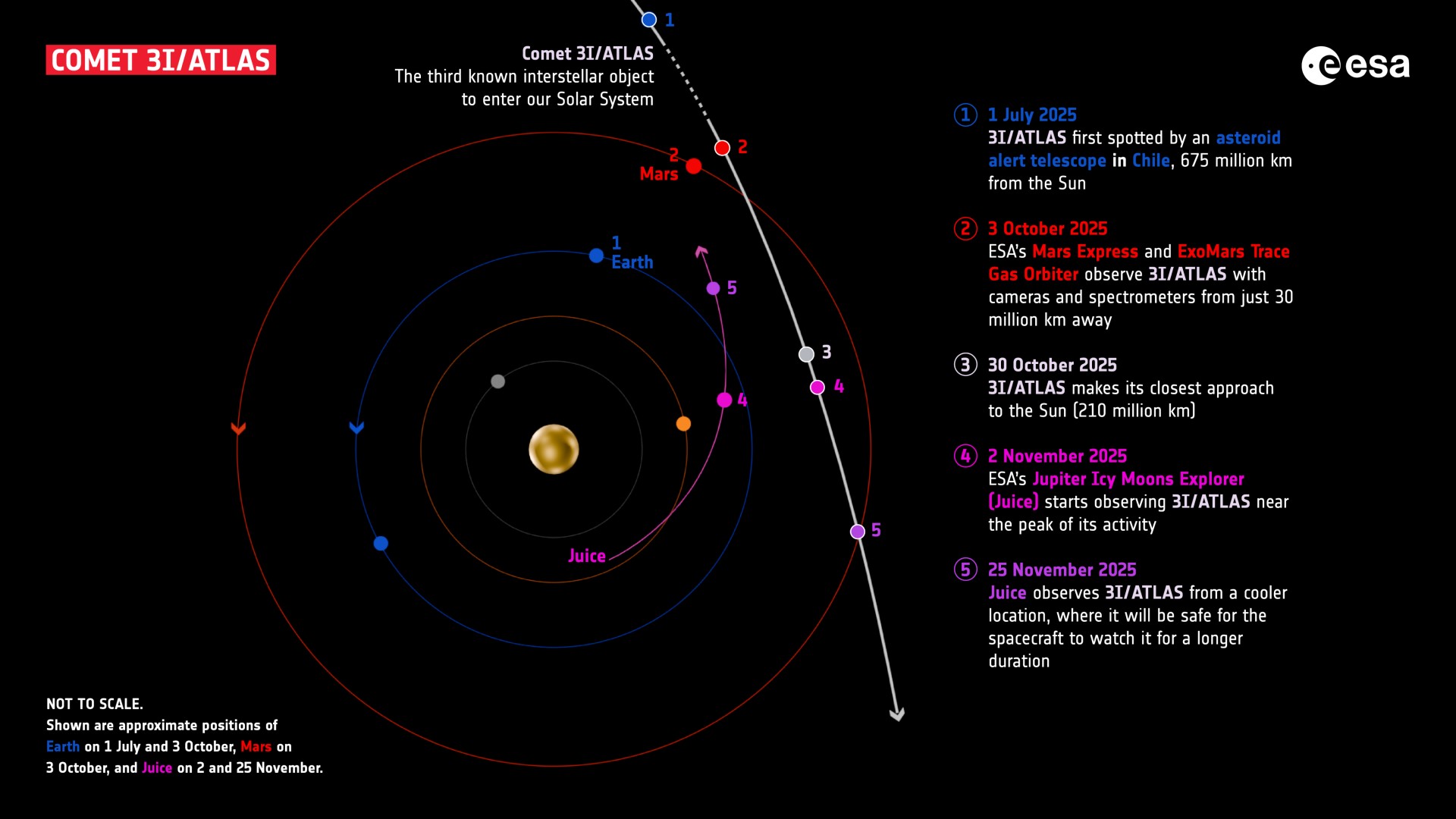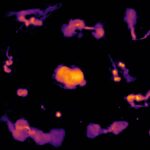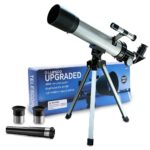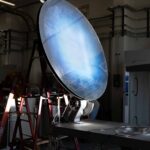Now Reading: Extraterrestrial Materials Academy (ETMA)
-
01
Extraterrestrial Materials Academy (ETMA)
Extraterrestrial Materials Academy (ETMA)
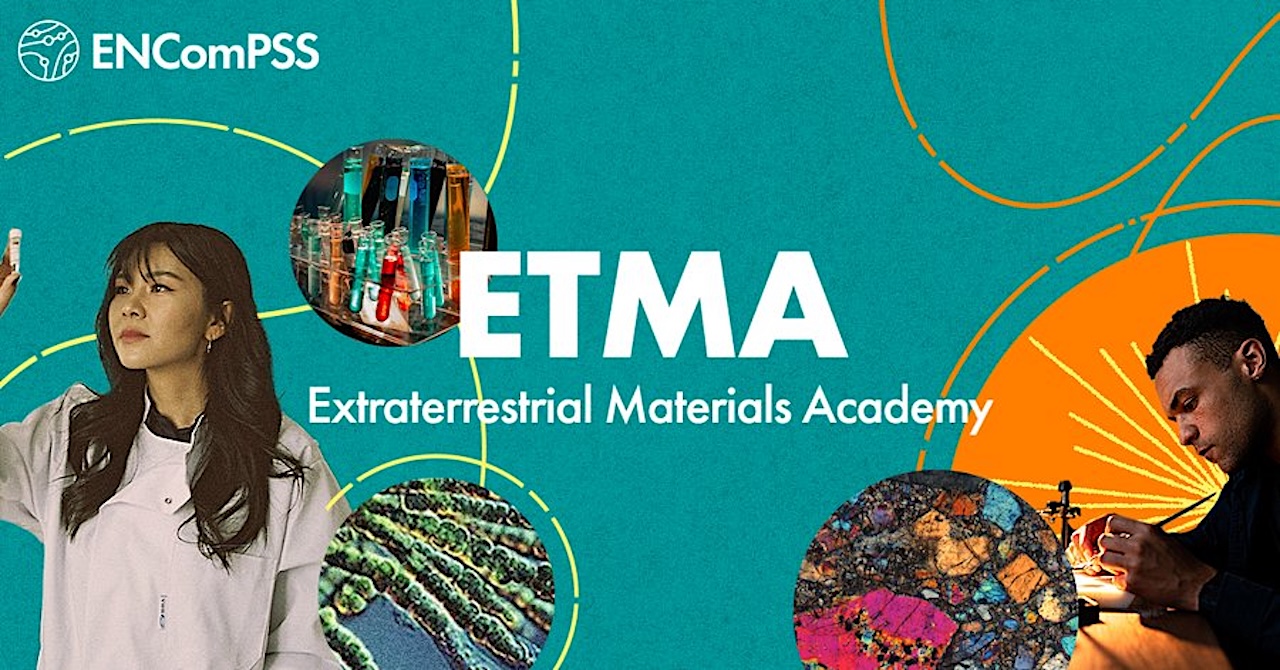

Extraterrestrial Materials Academy (ETMA)
The Extraterrestrial Materials Academy (ETMA) is scheduled for June 8–August 15, 2026, at the Lunar and Planetary Institute (LPI) in Houston, Texas, in partnership with the University of Houston–Clear Lake (UHCL) and Texas Southern University (TSU), and in collaboration with NASA’s Johnson Space Center (JSC).
Participants will receive training to develop analytical and laboratory skills and knowledge to be competitive for future careers in planetary science, focusing on sample science.
About Us: The LPI is located near the NASA Johnson Space Center in Houston, Texas. The LPI provides leadership in the scientific community for research in lunar, planetary, and solar system sciences and links with related terrestrial programs. The ETMA is funded through NASA’s Support for Planetary Sample Science.
Overview
The ETMA will train participants to develop analytical and laboratory skills and knowledge to be competitive for future careers in planetary science, focusing on sample science, and equip participants with resources to help support their journey. The first phase of the academy will provide a foundation in planetary science via lectures, weekly paper discussions, and daily laboratory training in inorganic, organic, or biological analyses.
During the second phase, participants will apply their new skills and knowledge to complete research in a capstone project. They will acquire further analytical training in a topic of interest by working in small groups on a research project with a scientist.
This 10-week intensive paid summer academy is designed for undergraduate students who do not already have access to research opportunities and planetary science content at their own institutions — students from colleges and universities that are not R1 institutions – and who have completed at least 36 credit hours at an accredited degree-granting institution located in the U.S. or its territories.
Applicants must be U.S. citizens or permanent residents in the U.S. Students with majors in physical/natural sciences, engineering, computer science, or mathematics are preferred, but all eligible students will be considered.
Targeted Skills
- Identify possible career paths of interest in planetary science
- Acquire analytical skills and knowledge to be competitive in the field
- Learn about resources that will support a journey in planetary science
Contact [email protected] with questions
Astrobiology, Astrogeology,
Stay Informed With the Latest & Most Important News
Previous Post
Next Post
-
 01Two Black Holes Observed Circling Each Other for the First Time
01Two Black Holes Observed Circling Each Other for the First Time -
 02From Polymerization-Enabled Folding and Assembly to Chemical Evolution: Key Processes for Emergence of Functional Polymers in the Origin of Life
02From Polymerization-Enabled Folding and Assembly to Chemical Evolution: Key Processes for Emergence of Functional Polymers in the Origin of Life -
 03Astronomy 101: From the Sun and Moon to Wormholes and Warp Drive, Key Theories, Discoveries, and Facts about the Universe (The Adams 101 Series)
03Astronomy 101: From the Sun and Moon to Wormholes and Warp Drive, Key Theories, Discoveries, and Facts about the Universe (The Adams 101 Series) -
 04True Anomaly hires former York Space executive as chief operating officer
04True Anomaly hires former York Space executive as chief operating officer -
 05Φsat-2 begins science phase for AI Earth images
05Φsat-2 begins science phase for AI Earth images -
 06Hurricane forecasters are losing 3 key satellites ahead of peak storm season − a meteorologist explains why it matters
06Hurricane forecasters are losing 3 key satellites ahead of peak storm season − a meteorologist explains why it matters -
 07Binary star systems are complex astronomical objects − a new AI approach could pin down their properties quickly
07Binary star systems are complex astronomical objects − a new AI approach could pin down their properties quickly












